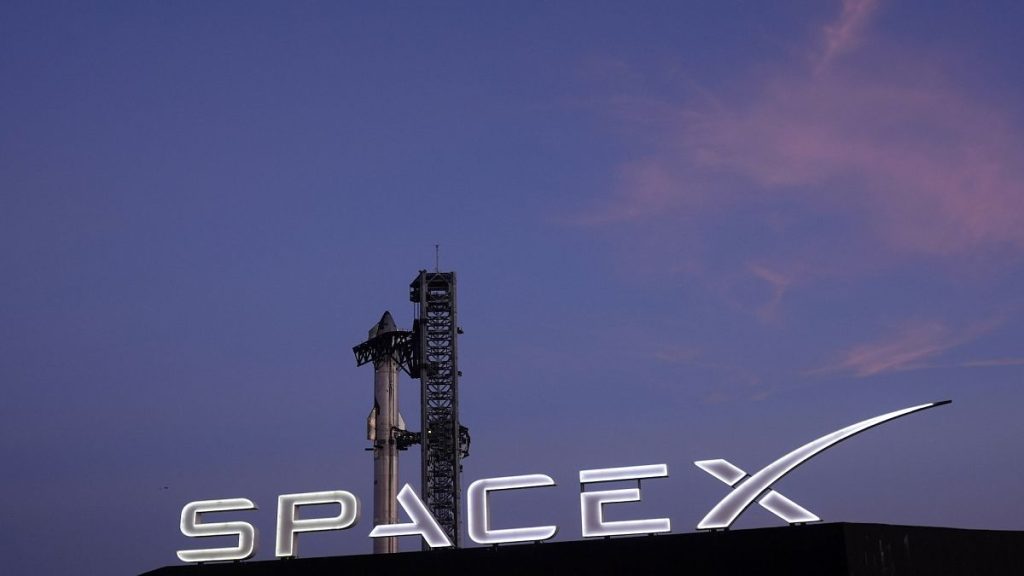The Italian government is engaged in advanced negotiations with SpaceX, the aerospace company founded by Elon Musk, for a €1.5 billion contract to provide secure telecommunications services. This potential five-year deal aims to bolster the security of Italy’s government and military communications through SpaceX’s encryption technology. While the contract is yet to be finalized, the discussions gained momentum following Italian Prime Minister Giorgia Meloni’s meeting with then President-elect Donald Trump in Florida, given Musk’s known association with Trump. The deal has reportedly received approval from Italy’s Intelligence Services and Defence Ministry, underscoring its perceived importance to national security. However, the proposed partnership has also encountered resistance from domestic telecommunication providers, setting the stage for a potential clash between national security interests and the concerns of local industry players.
The opposition from local telecom companies stems from several concerns. First, SpaceX’s direct-to-consumer business model, which bypasses traditional telecom providers, is viewed as a disruptive force in the Italian market. The lobby group Assetel has voiced concerns about this model, arguing that it circumvents existing regulations and creates an uneven playing field. Second, the direct competition posed by Starlink, SpaceX’s satellite internet service, to established Italian operators is a significant point of contention. These operators are already grappling with financial challenges, including mounting debt and declining revenues due to intense price competition in the market. The entry of a powerful competitor like SpaceX could exacerbate these difficulties. Finally, the issue of data sovereignty has also been raised, with local operators advocating for regulations that mandate the storage of sensitive government data within Italy’s borders.
Italy’s existing telecommunications landscape is characterized by financial instability among its major players. Telecom Italia SpA, for example, reported substantial net debt despite a significant network sale to a US private equity firm. Similarly, Vodafone Italia, recently acquired by Swisscom AG, has been struggling with financial losses. These existing financial vulnerabilities within the Italian telecom sector further fuel the anxieties surrounding SpaceX’s entry into the market. The prospect of increased competition from a well-funded international player like SpaceX raises concerns about the long-term viability of the domestic industry.
The proposed SpaceX deal is also intertwined with Italy’s broader economic challenges and its efforts to meet the targets set by the European Union’s Recovery Plan. Italy faces a significant burden of government debt and is lagging behind in its utilization of recovery funds allocated by the EU. A key component of Italy’s recovery strategy is the development of its broadband network infrastructure. However, progress in this area has been slow, with local telecom operators falling behind on the ambitious rollout targets. The Italian government has acknowledged the possibility of leveraging SpaceX’s Starlink services to compensate for these delays and ensure the timely completion of the broadband network expansion.
SpaceX’s global presence and its rapidly expanding Starlink network underscore the company’s growing influence in the telecommunications sector. The recent completion of an orbital shell for its satellite-to-cellphone internet service marks a significant milestone in the development of this technology. SpaceX has aggressively expanded its Starlink services to numerous countries, amassing a substantial customer base worldwide. This global expansion, coupled with the innovative nature of its technology, positions SpaceX as a major force in the evolving telecommunications landscape.
The potential collaboration between the Italian government and SpaceX presents a complex scenario involving national security interests, economic considerations, and the dynamics of the global telecommunications industry. The Italian government’s pursuit of enhanced communication security aligns with its national security priorities. However, the potential disruption to the domestic telecom market and the concerns about data sovereignty raise important questions. The final decision on the deal will likely hinge on the Italian government’s ability to balance these competing interests and navigate the complex interplay between national security, economic stability, and the evolving landscape of global telecommunications.














